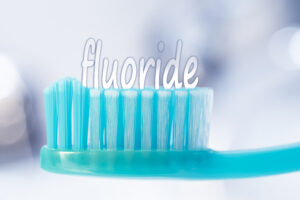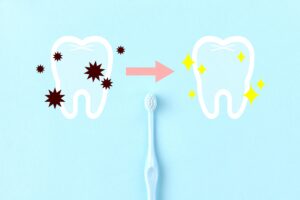 A dry mouth (xerostomia) occurs when your mouth doesn’t produce enough saliva to keep it moist. This condition can be more than just an uncomfortable nuisance; it can have significant effects on your oral health.
A dry mouth (xerostomia) occurs when your mouth doesn’t produce enough saliva to keep it moist. This condition can be more than just an uncomfortable nuisance; it can have significant effects on your oral health.
Without adequate saliva, your mouth is more susceptible to cavities, gum disease, and bad breath.
Understanding the Causes
Several factors can lead to dry mouth, including certain medications, medical conditions like diabetes, and lifestyle habits. Understanding the root cause of your dry mouth is the first step in finding an effective solution. If you suspect that a medication is causing your dry mouth, consult your doctor for alternative options or adjustments to your dosage.
Stay Hydrated
One of the simplest ways to combat dry mouth is to stay well-hydrated. Drinking plenty of water throughout the day helps keep your mouth moist and aids in saliva production. Avoid beverages that can worsen dryness, such as coffee, alcohol, and sugary drinks. Instead, opt for water or herbal teas to soothe your mouth.
Use Sugar-Free Gum or Lozenges
Chewing sugar-free lozenges or gum can increase salivation. Seek products that have xylitol, a natural sweetener that may have additional benefits for preventing dental decay. These can be beneficial when your mouth is trying to digest food and balance acidity after a meal.
Maintain Good Oral Hygiene
Good oral hygiene practices can prevent the complications associated with dry mouth. Brush your teeth at least twice a day with fluoride toothpaste, and floss daily to remove food particles. Consider using an alcohol-free mouthwash to avoid further drying out your mouth.
Regular dental check-ups are important for monitoring the health of your teeth. They can also help your gums and catch any issues early on.
Book Your Regular Dental Check Up in Mount Pleasant, MI
Preventing dry mouth is key to maintaining your oral health and avoiding complications like cavities and gum disease. By staying hydrated, using sugar-free products, and maintaining good oral hygiene, you can keep your mouth healthy and avoid frustrating bouts with dryness.
If you’re struggling with dry mouth despite your best efforts to avoid it, we can help. Don’t hesitate to call us at 989-773-3560 and schedule a consultation with Kenneth Egger, DDS.









